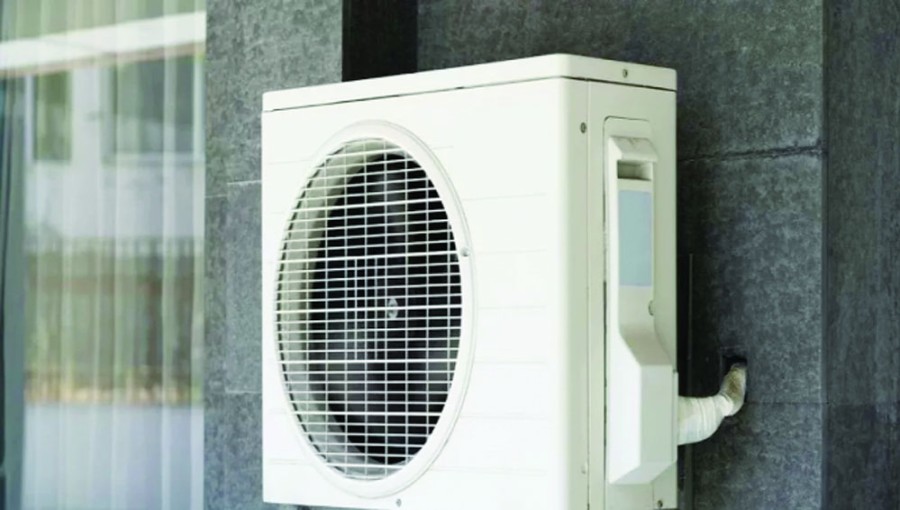Dhaka, Sep 27 (V7N): A surge in the demand for cooling systems in developing countries could exacerbate climate change unless sustainable solutions are prioritized, according to a United Nations report released on Wednesday.
By 2050, demand for air conditioners, refrigerators, and refrigerated transport is expected to grow sevenfold in Africa and fourfold in Asia, according to the UN Environment Programme (UNEP) and the International Finance Corporation (IFC), the World Bank's private sector arm.
“These countries are particularly vulnerable to the deadly effects of rising temperatures and urgently require sustainable cooling solutions,” stated IFC head Makhtar Diop.
Increasing temperatures, coupled with rising populations and urbanization, are driving the demand for cooling devices in many developing nations.
Currently, the cooling sector consumes one-fifth of the world's electricity, and demand is projected to triple by 2050, with developing countries accounting for 80% of total demand, the report revealed.
A balance must be struck between the need for refrigeration to prevent the spoilage of essential goods, such as crops and vaccines, and the negative impact on climate change.
“As record temperatures continue to be shattered worldwide, cooling is essential for both healthy communities and a sustainable environment,” said UNEP Executive Director Inger Andersen. “However, we must avoid the vicious cycle of addressing cooling needs with solutions that further contribute to global warming.”
The UNEP and IFC, part of the "Cool Coalition" which includes 130 partners, emphasized the importance of developing sustainable and energy-efficient solutions that could halve emissions related to cooling and reduce electricity costs.
They urged private sector investment in a market projected to double to $600 billion annually in developing countries by 2050. They also stressed the importance of developing "passive" solutions, such as reflective materials and planting trees to provide shade.
END/MSS/































Comment: